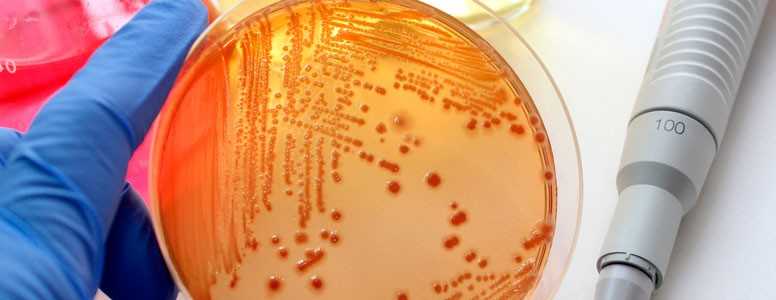Researchers have found that the body’s immune system attacks can change the gut bacteria’s production of a vitamin called thiamine, which can worsen type 1 diabetes.
The findings could mean that disease-related changes in the gut microbiome may have implications for the diagnosis and treatment of type 1 diabetes.
The study, published in the journal Nature Microbiology, shows that while the composition of the gut microbiota hardly differs between patients with diabetes and healthy individuals, the gut bacteria sometimes have to adapt to the changes in their environment.
Genes are switched on or off by the gut bacteria when the immune system attacks insulin-producing cells in the pancreas, and the resulting damage causes gut bacteria to change the amounts of proteins or vitamins they produce.
This sometimes results in the gut bacteria producing different thiamine levels, which can catalyse adverse metabolic reactions and exacerbate the course of a disease like type 1 diabetes.
The researchers made the discovery after conducting the MUST (Diabetes multiplex family) study, which randomized individuals with a history of type 1 diabetes.
The study’s lead author, Dr Anna Heintz-Buschart, and her colleagues at Luxembourg Centre for Systems Biomedicine (LCSB), analysed stool samples that the participants and healthy controls provided to the Integrated BioBank of Luxembourg (IBBL).
They didn’t notice a stark difference in bacterial species between people with and without diabetes, as opposed to what has long been believed by scientists.
However, they did see clear differences in what the bacteria did. And in type 1 diabetes, these differences tend to arise when the body’s immune system attacks beta cells.
By changing thiamine levels, the once beneficial bacteria become a health risk and can worsen the patient’s condition.
Researchers are yet to determine whether the gut bacteria preferably increased or decreased thiamine levels in that case.
Previous studies have suggested that a deficiency of thiamine is more harmful than an increase in the body’s thiamine levels.
In patients with type 1 and type 2 diabetes, it may increase the risk of developing microvascular complications, like retinopathy, nephropathy and neuropathy, from the effects of high blood sugar.
These results have two implications: one is that high dose therapy with thiamine may counter the development of common complications of diabetes associated with a high risk of cardiovascular disease and mortality; the other is that a sudden decrease in thiamine levels may be used as a biomarker in the early stages of type 1 diabetes.
What's new on the forum? ⭐️
Get our free newsletters
Stay up to date with the latest news, research and breakthroughs.







